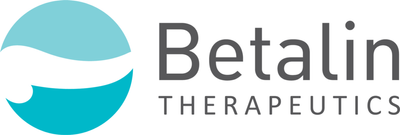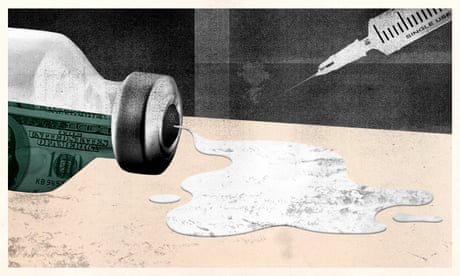

- Home
- Companies
- Betalin Therapeutics Ltd.
- News
- Israeli firm says micro-pancreas to ...
Israeli firm says micro-pancreas to `cure` diabetes ready for UK trials
Exclusive: hopes testing can begin in 2021 on product intended to free people of need for insulin injections
An Israeli company claiming to have created a tiny micro-pancreas that can “cure” diabetes for millions of people has said it will submit a request next month for human clinical trials in the UK.
Betalin Therapeutics said its “bio-artificial” pancreas aims to free patients of the need for insulin injections and blood sugar monitoring. It is designed for people with type 1 diabetes, and those with type 2 diabetes who require insulin.
The Jerusalem-based firm told the Guardian it would provide a plan for clinical trials to Britain’s regulatory agency in August. Betalin aims to begin human testing early next year, with the hope of delivering to the market by 2024.
Central to the innovation is a biological scaffold, adapted from pig lung tissue, that holds beta cells. Those cells release insulin based on the patient’s blood sugar levels. The miniature artificial pancreas, just visible to the naked eye, is implanted under the skin on the thigh using local anaesthesia.
“Our unique technology allows the body to heal itself,” said Nikolai Kunicher, the chief executive of Betalin. “For now, the focus is on diabetes, but there are many more diseases that we intend to cure with the aid of this technology.”
More than 460 million people live with diabetes, according to the International Diabetes Federation, although not all have been diagnosed. A 2016 study by the World Health Organization found the metabolic disorder was the seventh most common cause of death, above road injury.
Betalin’s technology was developed by Prof Eduardo Mitrani of the Hebrew University of Jerusalem’s Institute of Life Sciences.

The company said it chose to conduct tests in Britain because the country had already approved another diabetes treatment, called the Edmonton Protocol, in which beta cells are implanted on the liver. But Betalin said its micro-pancreas would be more robust, longer-lasting, and cheaper, although its still likely to coast more than $40,000 (£31,000).
Trials are planned in several hospitals affiliated with the Leeds and Newcastle universities, with Omar Masood, a UK transplant surgeon with experience in combatting diabetes, directing the project.
“This has the potential to affect up to 400,000 people in the UK,” he said.
Betalin’s advisory committee includes two Nobel laureates in chemistry, both of whom have diabetes – Sidney Altman of Yale University and Arieh Warshel of the University of South Carolina.
It has received grants amounting to about £4.5m from the EU and raised more than £6m from Chinese, US and Israeli investors.
… as you’re joining us today from India, we have a small favour to ask. Tens of millions have placed their trust in the Guardian’s fearless journalism since we started publishing 200 years ago, turning to us in moments of crisis, uncertainty, solidarity and hope. More than 1.5 million supporters, from 180 countries, now power us financially – keeping us open to all, and fiercely independent.
Unlike many others, the Guardian has no shareholders and no billionaire owner. Just the determination and passion to deliver high-impact global reporting, always free from commercial or political influence. Reporting like this is vital for democracy, for fairness and to demand better from the powerful.
And we provide all this for free, for everyone to read. We do this because we believe in information equality. Greater numbers of people can keep track of the global events shaping our world, understand their impact on people and communities, and become inspired to take meaningful action. Millions can benefit from open access to quality, truthful news, regardless of their ability to pay for it.
If there were ever a time to join us, it is now. Every contribution, however big or small, powers our journalism and sustains our future. Support the Guardian from as little as $1 – it only takes a minute. If you can, please consider supporting us with a regular amount each month. Thank you.
